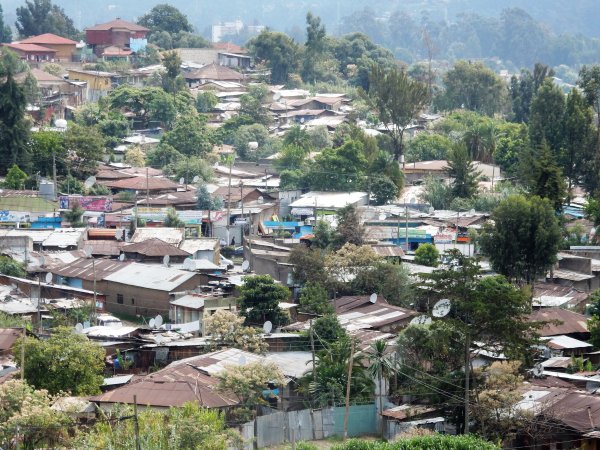Building a new approach to climate change and health at the World Bank
The World Bank has been building up valuable practical knowhow on the emerging issue of linkages between climate change and health, thanks to a recently completed three-year project largely financed by NDF.
The project particularly focused on risks and opportunities in Africa, with Mozambique chosen for country-level work on diagnostics. “The project has really helped to shape our approach at the World Bank to the whole issue of climate change and health, while also giving Mozambique welcome practical assistance,” explains World Bank health and climate specialist Timothy Bouley.
Outputs of the project include an extensive World Bank Climate Change and Health Approach Action Plan; a new Climate-Smart Healthcare report, identifying low carbon and resilience strategies for the health sector; and a worldwide review mapping out Geographic Hotspots for World Bank Action on Climate Change and Health. Hotspots are identified on the basis of climate-related health problems caused by factors including extreme heat, drought, flooding and indoor and ambient air pollution.
“Mozambique has been fertile ground for piloting ideas for our new approach, as a country vulnerable to problems including cyclones, flooding, droughts and epidemics, where the national government has already started to act on the linkages between climate and health,” says Bouley.
A new set of emergency protocols for preparedness, response and recovery have been produced through the project for Mozambique’s Ministry of Health, as well as welcome input for an Extreme Weather Action Plan and a forthcoming national Environmental Health and Climate Change Action Plan. Other activities in Mozambique focused on the climate and health benefits of clean cooking stoves, and the district-level mapping of vulnerability to climate-health problems.
“These outcomes aim to position Mozambique as a regional leader on climate change and health issue,” says Bouley. “We hope now to expand and upscale this approach for other countries in Africa and elsewhere. Several other countries including Madagascar and Bangladesh have already been in touch with the World Bank to request assistance in this area.”
According to Bouley, the project has also effectively mainstreamed climate considerations into the World Bank’s Health, Nutrition, and Population department, and brought the health impacts of climate change into other sectoral activities including actions on transport and agriculture. “It has also helped us to deepen partnerships with other players including the World Health Organisation, academic health experts and donors,” adds Bouley. “It’s particularly important now to get the whole issue of climate change and health well onto the radar of development financing institutions.”
More information
World Bank brochure on climate change and health
The World Bank blog: Connecting Climate Change and Health for Better Development
Climate-smart healthcare: low-carbon and resilience strategies for the health sector
Climate change and health approach and action plan
Geographic hotspots for World Bank action on climate change and health: investing in climate change and health series


